Upcoming third-person action game Watch Dogs is set in a near-future environment modeled on Chicago, a city that's overseen by computers that can be manipulated. And while the game has some instances of fantastical hacking perpetrated by main character Aiden Pearce, Ubisoft's creative team is also working with security firm Kaspersky Lab to bring an air of realism to the game's hacking themes.
"They have really hardcore experts there on hacking. We send them some of our designs and we ask them [for] feedback on it, and it's interesting to see what gets back," Ubisoft Montreal senior producer Dominic Guay told our sister site, Joystiq. "Sometimes they say, 'Yeah, that's possible, but change that word,' or, 'That's not the way it works.'" Check out the full piece right here.
Along with a new Assassin's Creed game, Ubisoft is bringing Watch Dogs to next-gen consoles this year (as well as current-gen and PC), leading its next-gen push.
Filed under: Gaming, Software, HD
Comments
Source: Joystiq
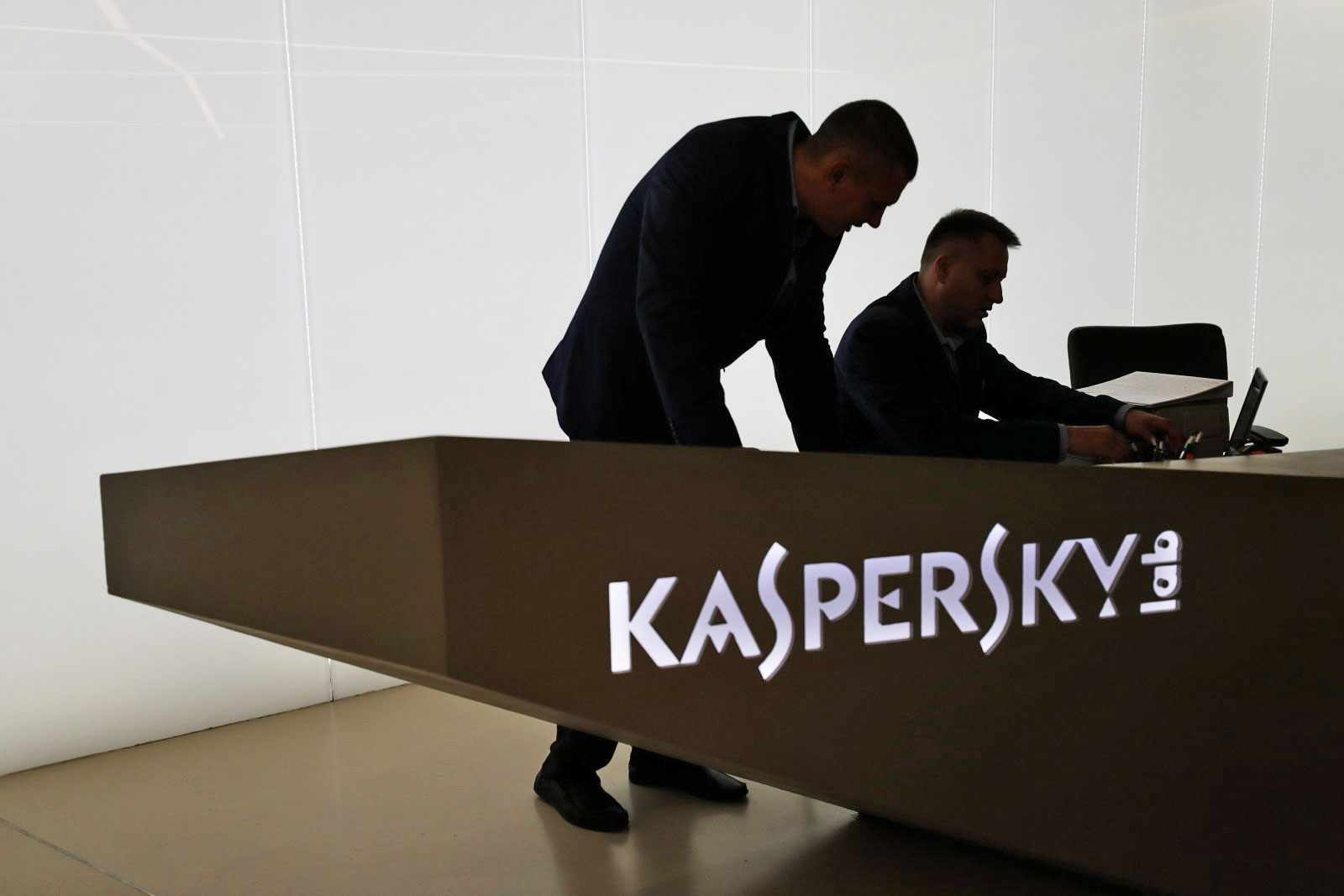 Earlier this month, reports surfaced that classified NSA documents detailing how US agencies defend their cyber networks and how they breach foreign ones were stolen by Russian hackers in 2015. Those reports noted that the files were spotted through...
Earlier this month, reports surfaced that classified NSA documents detailing how US agencies defend their cyber networks and how they breach foreign ones were stolen by Russian hackers in 2015. Those reports noted that the files were spotted through...
 Earlier this month, reports surfaced that classified NSA documents detailing how US agencies defend their cyber networks and how they breach foreign ones were stolen by Russian hackers in 2015. Those reports noted that the files were spotted through...
Earlier this month, reports surfaced that classified NSA documents detailing how US agencies defend their cyber networks and how they breach foreign ones were stolen by Russian hackers in 2015. Those reports noted that the files were spotted through...
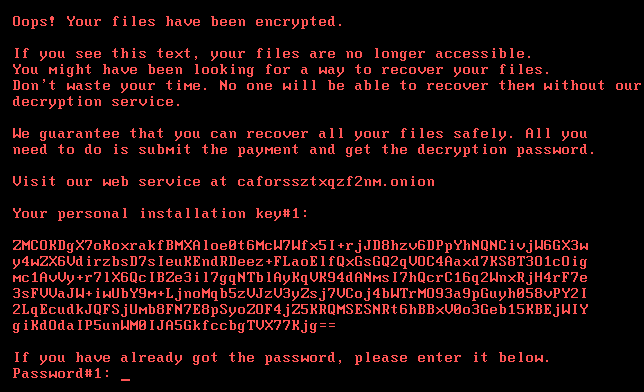 There's a new ransomware making the rounds today with confirmed targets in Russia, Ukraine, Turkey and Germany. Kaspersky Labs says that nearly 200 victims have been hit with the ransomware that's been dubbed Bad Rabbit.
There's a new ransomware making the rounds today with confirmed targets in Russia, Ukraine, Turkey and Germany. Kaspersky Labs says that nearly 200 victims have been hit with the ransomware that's been dubbed Bad Rabbit.
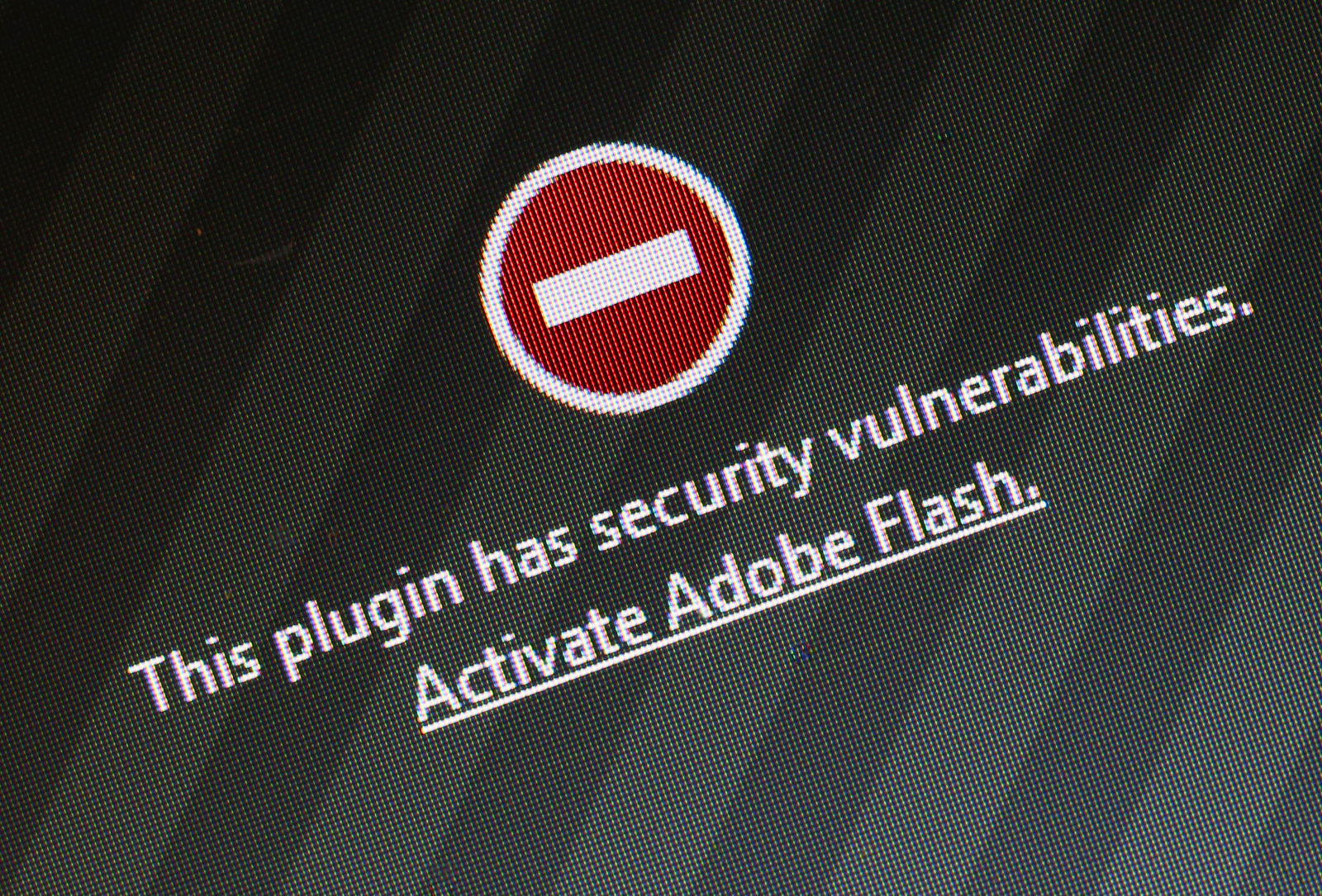 Adobe Flash may be on its way out, but apparently, its goodbye tour is going to be marred by security issues just as the software has for most of its existence. Kaspersky Labs reports that a new Adobe Flash vulnerability was exploited by a group call...
Adobe Flash may be on its way out, but apparently, its goodbye tour is going to be marred by security issues just as the software has for most of its existence. Kaspersky Labs reports that a new Adobe Flash vulnerability was exploited by a group call...
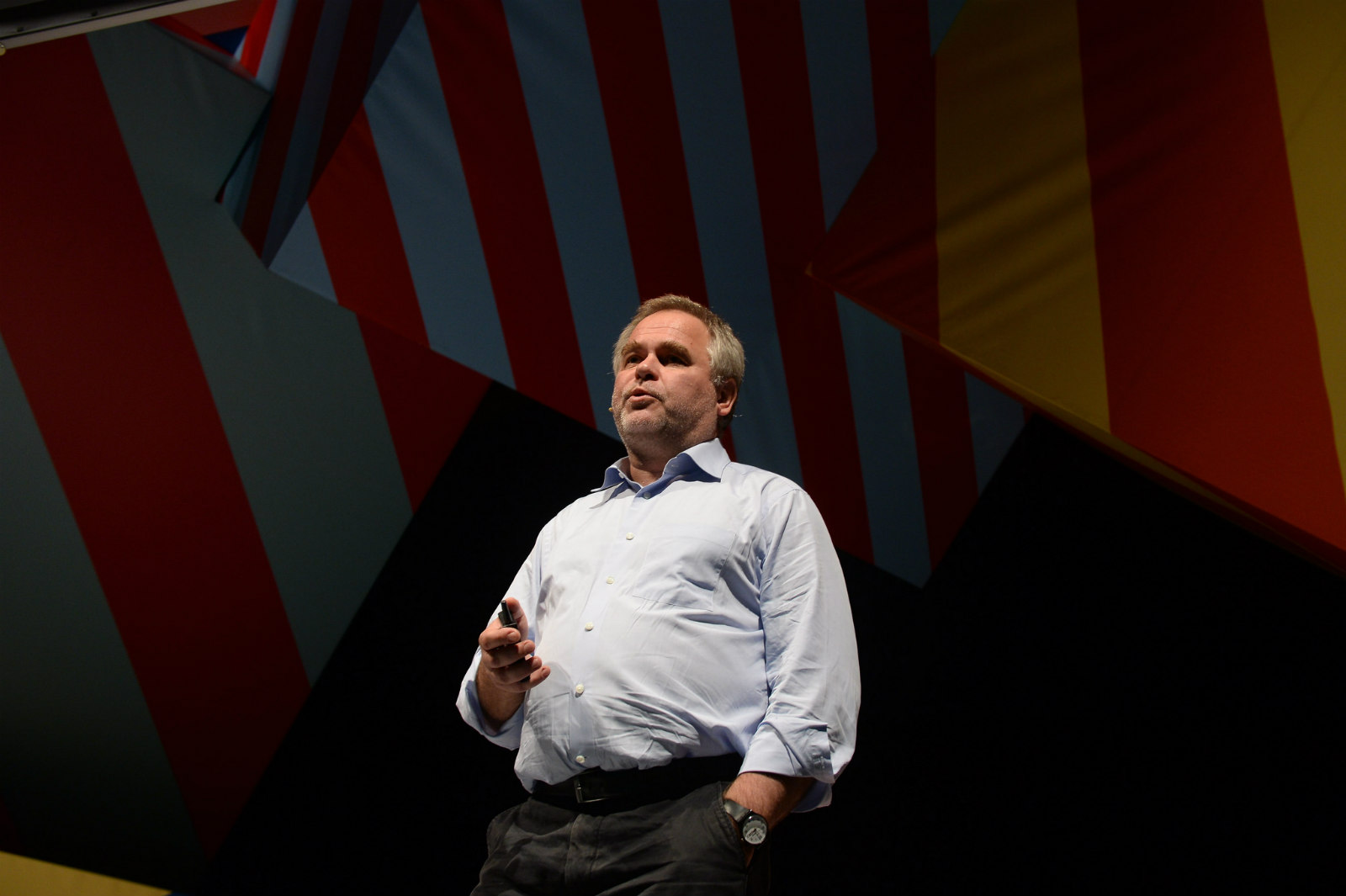 Kaspersky is in hot water...again. The US government recently prohibited federal agencies from using the company's products, and the FBI is reportedly convincing private entities to do the same. Its latest headache is linked to the NSA cyberattacks a...
Kaspersky is in hot water...again. The US government recently prohibited federal agencies from using the company's products, and the FBI is reportedly convincing private entities to do the same. Its latest headache is linked to the NSA cyberattacks a...
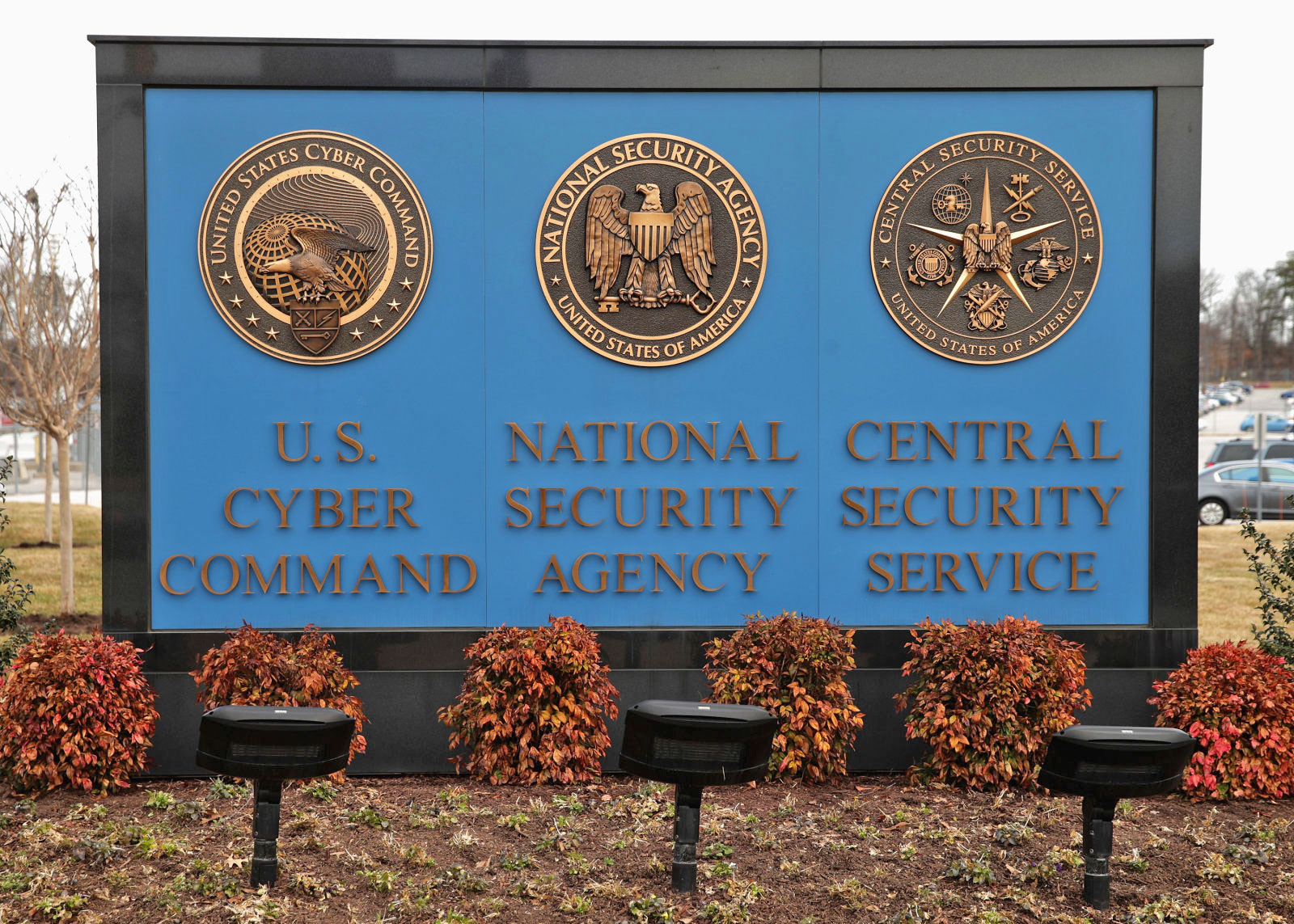 The Wall Street Journal reports today that Russian hackers stole documents detailing how US agencies defend their networks against cyberattacks, how they breach foreign networks and the computer code they use to do so. Sources told the publication th...
The Wall Street Journal reports today that Russian hackers stole documents detailing how US agencies defend their networks against cyberattacks, how they breach foreign networks and the computer code they use to do so. Sources told the publication th...
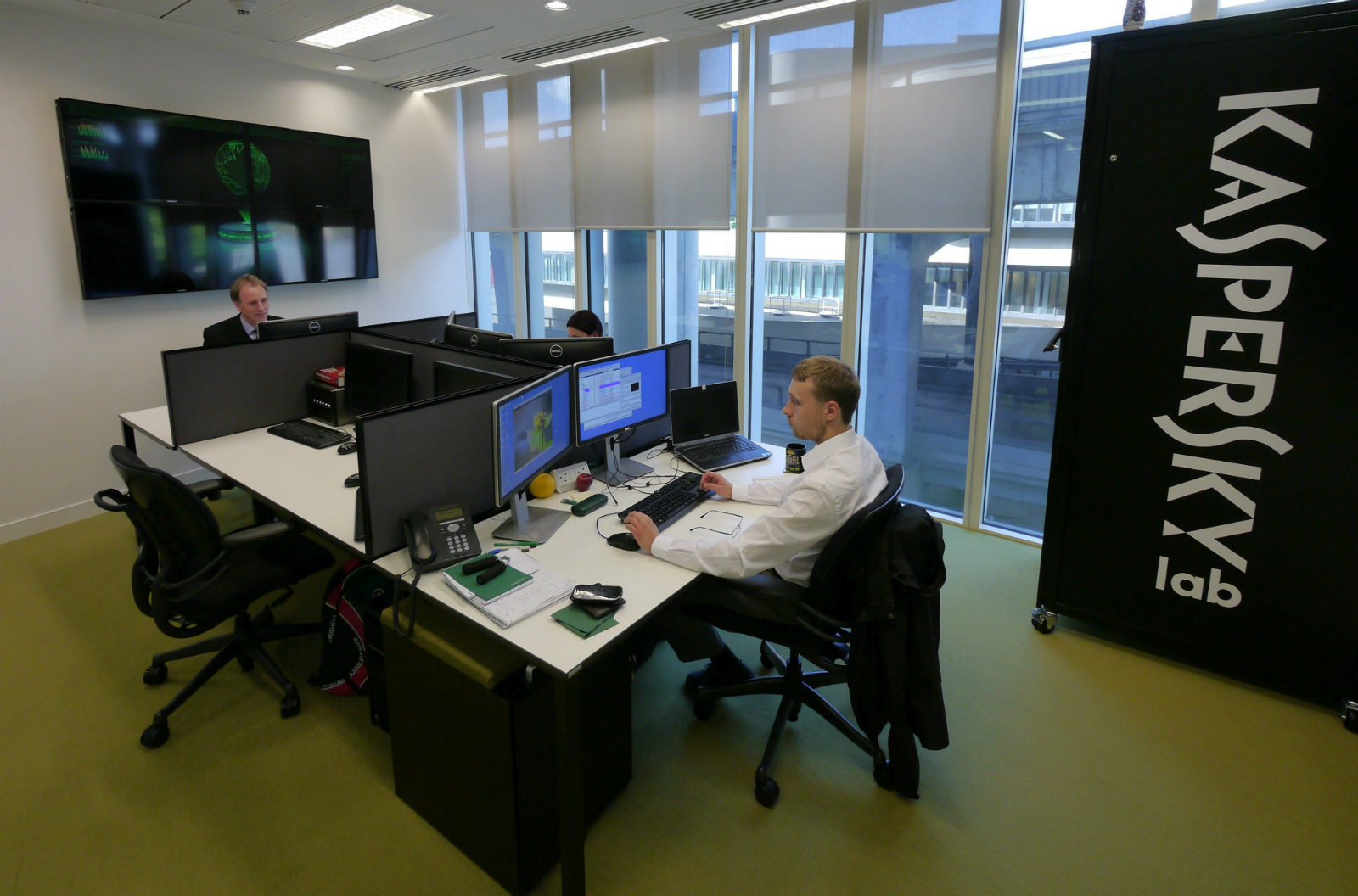 Kaspersky Lab's tussle with the US government could have ramifications for its dealings with the private sector. A new report claims the FBI has been meeting with companies to warn them of the threat posed by the cybersecurity firm. The briefings are...
Kaspersky Lab's tussle with the US government could have ramifications for its dealings with the private sector. A new report claims the FBI has been meeting with companies to warn them of the threat posed by the cybersecurity firm. The briefings are...
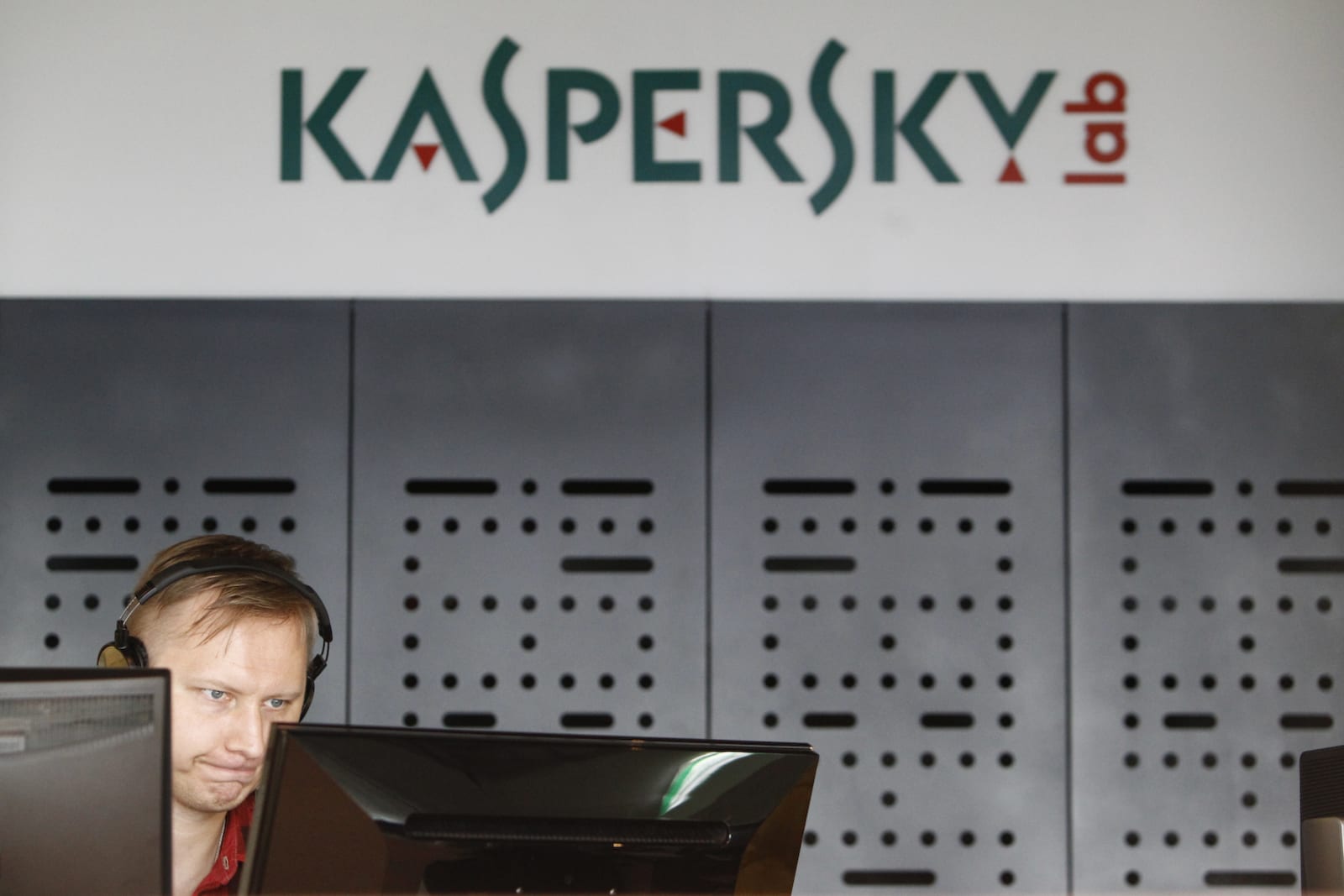 Security researcher Ruslan Stoyanov from Russia's Kaspersky Labs was arrested for treason last December. According to Russian newspaper Kommersant (translated), Stoyanov was taken in for breach of Article 275 of the Crimes Against the Fundamentals of...
Security researcher Ruslan Stoyanov from Russia's Kaspersky Labs was arrested for treason last December. According to Russian newspaper Kommersant (translated), Stoyanov was taken in for breach of Article 275 of the Crimes Against the Fundamentals of...




